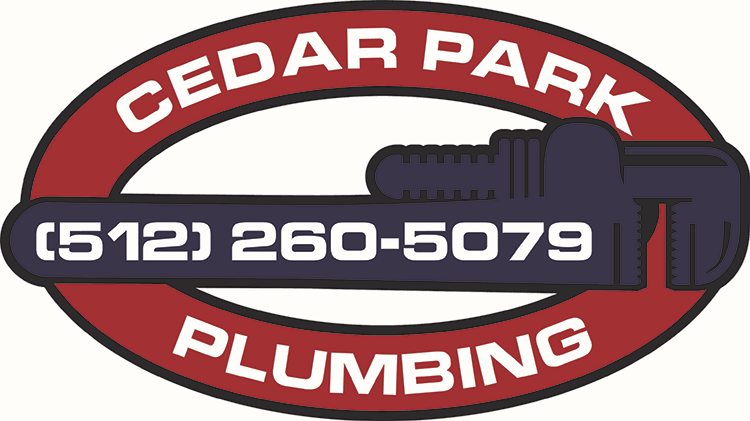As homeowners, one of the most common issues we face is problems with our pipes. Whether it’s a leak, a clog, or something more serious, dealing with pipe issues can be frustrating and costly. In this blog post, we will discuss one of the most common problems with pipes and provide some tips on how to address it effectively.
Understanding Clogged Pipes
One of the most common problems with pipes is leaks. Leaks can occur for a variety of reasons, including old age, corrosion, or poor installation. If left unchecked, leaks can lead to water damage, mold growth, and even structural damage to your home. One way to prevent leaks is by regularly inspecting your pipes for any signs of wear or damage. Look for wet spots on walls or ceilings, musty odors, and low water pressure – these could all be indicators of a leak.
Strategies for Managing Clogged Pipes
Another common issue with pipes is clogs. Clogs can be caused by a build-up of debris such as hair, grease, soap scum, or mineral deposits. When left untreated, clogs can lead to slow draining sinks or toilets that overflow. To prevent clogs, it’s important to avoid flushing anything other than toilet paper down the toilet and use drain strainers in sinks and showers to catch debris before it goes down the drain.
Effective Solutions for Clearing Clogs
One major problem that many homeowners face with their pipes is frozen pipes during the winter months. When water freezes inside a pipe, it expands and can lead to burst pipes – causing extensive damage to your home. To prevent frozen pipes, make sure to insulate any exposed pipes in unheated areas of your home and keep your thermostat set above 55 degrees Fahrenheit during cold weather.
Prevention and Maintenance Tips to Keep Pipes in Optimal Condition
In addition to leaks, clogs, and frozen pipes, another common issue that homeowners may encounter is low water pressure. Low water pressure can be caused by a variety of factors such as mineral build-up in pipes or a malfunctioning pressure regulator. If you’re experiencing low water pressure in your home, it’s important to have a professional plumber inspect your system to determine the cause and make any necessary repairs.
Conclusion
Dealing with pipe problems can be stressful and inconvenient for homeowners. By being proactive in maintaining your plumbing system and addressing any issues promptly, you can help prevent costly repairs down the line. Remember to regularly inspect your pipes for leaks or damage, avoid flushing anything other than toilet paper down the toilet, insulate exposed pipes during winter months, and have a professional plumber address any issues with low water pressure. Taking these steps will help ensure that your plumbing system remains in good working order for years to come.

